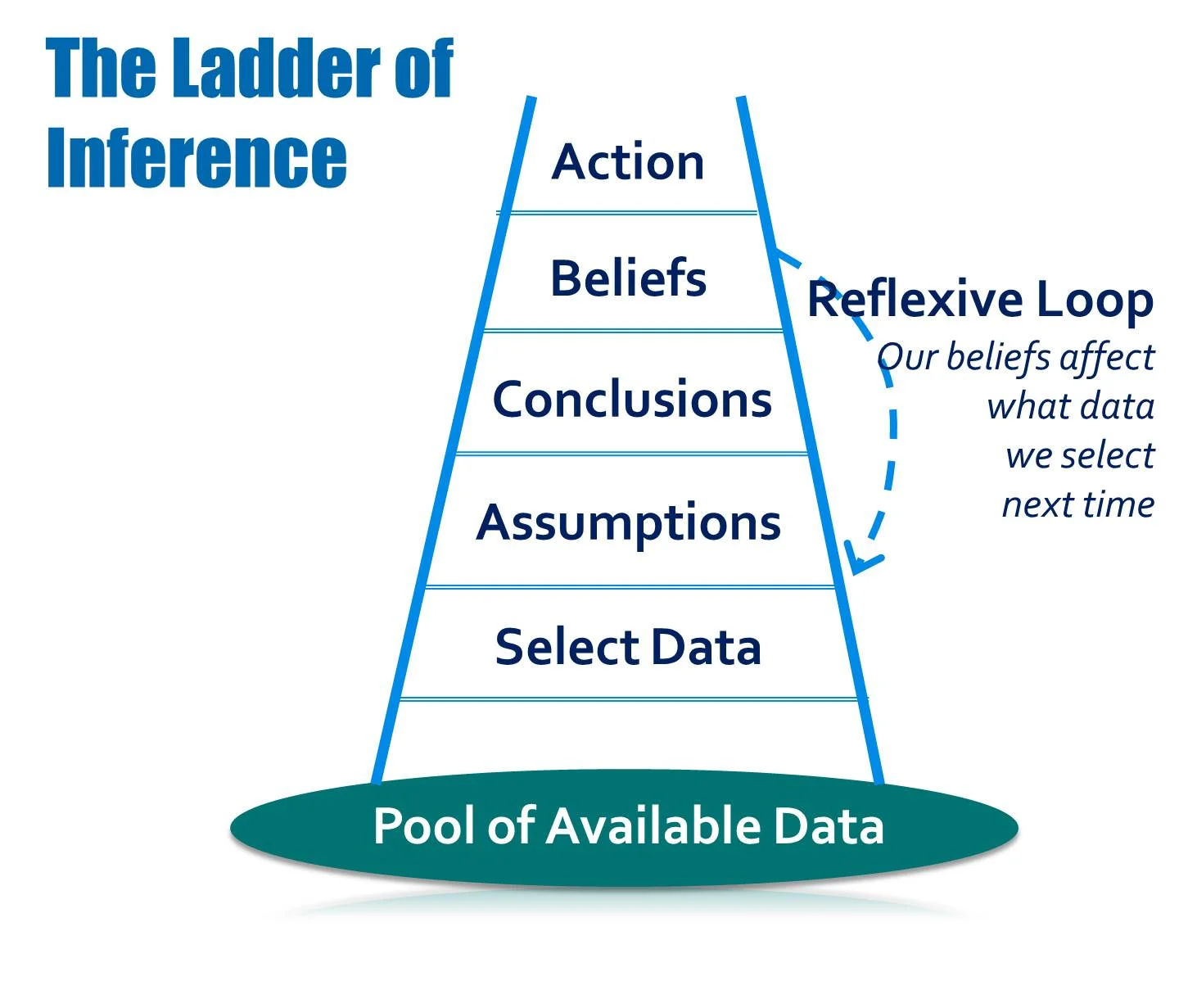I've been working with a Fortune 100 "Big 4" client this month to facilitate multiple learning events called "Building Relationships" to Generation Y high-potential accountants. This two-day workshop is meant to prepare these young professionals to engage on a higher level of leadership with their peers, staff, leaders and clients. I feel very honored to work with this client, one of CNN Money's 100 Best Companies to Work For, and these very bright and ambitious learners. It's great to be surrounded by people who mean business and work hard to do great work.
One of the biggest lessons participants learn in this workshop is that "conversations create Connections, which in turn build relationships". Learners become more aware of the importance of first impressions, their personal brand, and the link between how they come across in their interactions to the bottom line results, customer satisfaction and customer and staff retention. Regardless of your industry and occupation, your technical competence is incredibly important - it's imperative. Yet, for leaders of every rank, the differentiator for sustained retention (both of staff and clients) is rarely your expertise. It is often how you made them feel when you worked with them.
When you connect with others through conversations, you show your humanity - your personal brand. You let your personality and uniqueness shine through. You show curiosity and empathy for THEIR personal perspective and needs. And you create a connection that helps you build a relationship, which is then nurtured and grows with additional conversations and connections. The better the connection, the stronger the relationship. The stronger the relationship, the better the satisfaction of both parties in the work results. The more forgiveness and wiggle-room for any mistakes. The more sustainable the business.
Even if you're an accountant.
This is true for ANYONE.
What connections are you making? How are you nurturing your important business relationships?
Photo credit: anoldent via Flickr Creative Commons



![[Vlog]: 10 conversations every leader should have with every employee](https://images.squarespace-cdn.com/content/v1/513dd8ede4b0cc0702fce2ec/1474342350243-VNMOHAHPLNDRWG40TSUB/10+conversations+thumbnail.jpg)


![Why email sucks (for really important conversations) [vlog]](https://images.squarespace-cdn.com/content/v1/513dd8ede4b0cc0702fce2ec/1449966092534-UEHH7A06H7NU35HMS1WH/image-asset.jpeg)







